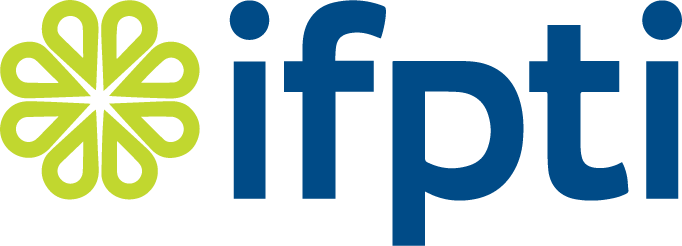Building the IFSS Curriculum Framework: An Introduction to a Three-Part Series
IFPTI has often displayed this image of the Integrated Food Safety System (IFSS) Curriculum Framework, which is a key element of the National Curriculum Standard (NCS).
Why a National Curriculum Standard?
The National Curriculum Standard, or NCS, is a key element of the Integrated Food Safety System (IFSS), a seamless partnership and collaboration among human and animal food regulatory jurisdictions: Federal, State, Local, Tribal, and Territorial.
The NCS represents a national competency standard for human and animal food regulatory professionals, across their entire careers. The NCS depicts the knowledge, skills, and abilities needed by these regulators in order to successfully perform their jobs, thereby assuring a competent regulatory workforce doing comparable work across all jurisdictions.
FDA charged the Partnership for Food Protection (PFP) with developing a national training standard for the US human and animal food regulatory workforce. One of the PFP Committees, the Training & Credentialing Committee, specifically took on this task. Key provisions of FSMA further addressed the need for a national training standard.
The IFSS Framework is a color-coded schematic of the human and animal food regulatory profession, demonstrating the interrelationship between and among professional career levels, program areas, and content or topic areas. The Framework is a living, breathing document, and is consistently being revised and updated as buildout of the Framework continues.
But many have asked over the years, “Why are we doing this? What’s the benefit?” Well, there are three primary reasons, and over the next few newsletters, we’ll provide a brief overview of each:
Part One: Blueprint for Course Development
Part Two: Cataloging System and Gap Analysis/Inventory
Part Three: Assessment Against Competencies
Watch for part one of this series in our February training newsletter.

